Displacement Tracking Matrix - Mozambique, Emergency Tracking Tool (ETT) Movement Alert 144 - Cabo ...
Mozambique on “historical slippage” in corruption index – Deutsche Welle

Mozambique has fallen 30 positions in Transparency International’s Corruption Perceptions Index. Of the Portuguese-speaking African countries, Guinea-Bissau is the worst-ranked and Cape Verde the best. Sao Tome e Principe has climbed 20 positions, while Angola fell one place.
Scandinavian countries continue to feature prominently at the top of the German NGO’s annual index on the perception of corruption in the world. Denmark is again in first place, New Zealand second, Finland third and Sweden fourth. Somalia remains at number 176, its usual ranking, below South Sudan and North Korea.
Among the Portuguese-speaking African countries, Mozambique slippage is something new. In 2015, it was in 112th place, and in 2016, 142. But to the Mozambican Centre for Public Integrity (CIP), an NGO focused on transparency in public administration and an antenna for international transparency in the country, the reasons are no secret.
“Over the past year, the country has learned about the hidden debts incurred by the government of Armando Guebuza,” CIP researcher Baltazar Fael explains.
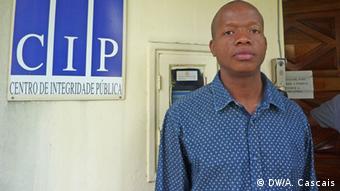
“It is only a matter of looking at the issue of international corruption involving Mozambican agents and senior government officials. We believe that this has contributed greatly to Mozambique falling thirty positions in the Transparency International ranking, together with other cases of corruption that have arisen in Mozambique,” he adds.
Mozambique’s credibility with international financial markets was badly affected following the discovery of hidden debts valued at 1.2 billion euros, guaranteed by the Mozambican government in 2014. The recent Transparency International assessment again puts the country in an embarrassing position.
For, this has consequences. “The whole world, somehow, looks at Mozambique as a non-viable country where one cannot invest, and as a country where everything is corruption, where institutions, politicians and employees have no credibility,” he says.
In brief: “There is no credibility about the activities carried out in this country,” Fael concludes.
STP: Significant improvements despite difficulties
But not all is bad news within PALOP. Sao Tome and Principe (STP) sums up the success in the fight against corruption, according to the German index. The country rose 20 positions from position 66 in 2015 to 46 last year.

It is the second-best classified among the Portuguese-speaking African countries, with an historic improvement that deserves applause, according to Waldyner Boamorte, a researcher with the International Budget Partnership (IBP), an organization that works on budgetary transparency in the archipelago.
“On the one hand, it is very salutary, but on the other hand it is a commitment to remain more transparent so that the results continue to improve more and more,” he says.
Boamorte stresses that corruption in PTS still remains a matter of conjecture. There have been no reports or investigations mainly for lack of concrete indicators, and therefore no cases going to trial. “We are fully aware that our authorities are still far behind. But we believe that, with improved institutions, the situation can improve. “
Cape Verde continues to be the best Portuguese-speaking African country in the index. It rose from position 40 to 38. Angola, which has regularly been at the bottom of the log, dropped one position in 2016 and is in 164th place. Guinea-Bissau is the worst of the PALOP countries, falling ten places to 168.


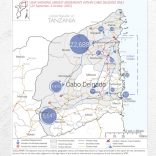
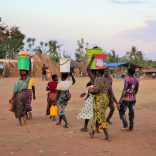
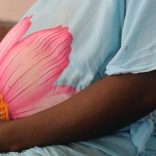

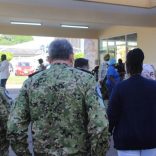
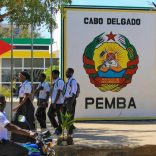





Leave a Reply
Be the First to Comment!
You must be logged in to post a comment.
You must be logged in to post a comment.